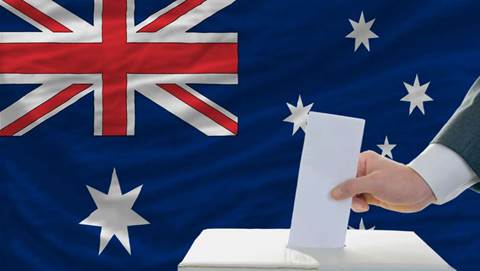As inflation continues to impact the back pocket of every Australian, questions are now being raised on how it will affect the buy now pay later (BNPL) sector.

UNSW Associate Professor Rob Nicholls explained that rising interest rates and increased regulations from inflation could spell out trouble for BNPL companies.
He said, “The current Reserve Bank of Australia (RBA) policy is to increase interest rates in order to control inflation and bring it back into the target two to three percent range. The effect of this is to increase interest rates on mortgages and most other forms of credit.
“It would not be consistent for the RBA to be looking to control inflation and have the 'interest rate pain' being deferred using BNPL. The RBA takes the view that there are enough savings to mean that controlling inflation will not lead to a recession.”
Nicholls explained that BNPL does not fit well into this approach.
“It means there is a high likelihood of further regulatory intervention into the BNPL space. There is also an issue for BNPL operators that the BNPL model was based on very low interest rates,” he said.
“The merchant fees and consumer charges were all designed in that low interest rate environment. So, it is likely that BNPL operators will need to consider whether their existing model will work in an environment of higher interest rates.”
As inflation rises and interest rates go up in the wake of the pandemic, Nicholls said BNPL looks more attractive as there is no interest fee to pay.
“However, the same problems of money management still exist. There is a far greater risk of getting into debt by deciding that food or energy bills should be deferred,” he explained.
“Retailers like Woolworths offer their customers the ability to select PayPal at the checkout and choose the service’s Pay in 4 option. PayPal’s Pay in 4 payment method works similarly to other BNPL services by splitting the total cost of purchase into four separate payments due every two weeks. This represents a real risk of getting into unmanaged debt.”
Dr Natalie Oh, senior lecturer at UNSW Business School said consumers are more likely to turn to BNPL, as consumers need an alternative credit line.
“Consumer sentiment of not paying interest on purchase is attractive and there is a tendency for consumers to be overconfident that they can pay on time to avoid late fees, which is not always the case,” she explained.
According to the ASIC report, in the 2018–19 financial year, missed payment fee revenue for BNPL providers totalled over $43 million, a growth of 38 percent compared to the previous financial year.
Oh said, “This clearly illustrates that more and more customers fall into the trap of being overconfident that they can pay on time – but the statistics tell you otherwise.
“Another reason? No credit check. This is not necessary with all BNPL service providers, which is another reason that consumers are more likely to turn to BNPL with the cost-of-living crisis,” she added.


_(23).jpg&h=140&w=231&c=1&s=0)
_(20).jpg&h=140&w=231&c=1&s=0)





_(26).jpg&w=100&c=1&s=0)

 iTnews Executive Retreat - Security Leaders Edition
iTnews Executive Retreat - Security Leaders Edition












_(1).jpg&h=140&w=231&c=1&s=0)



